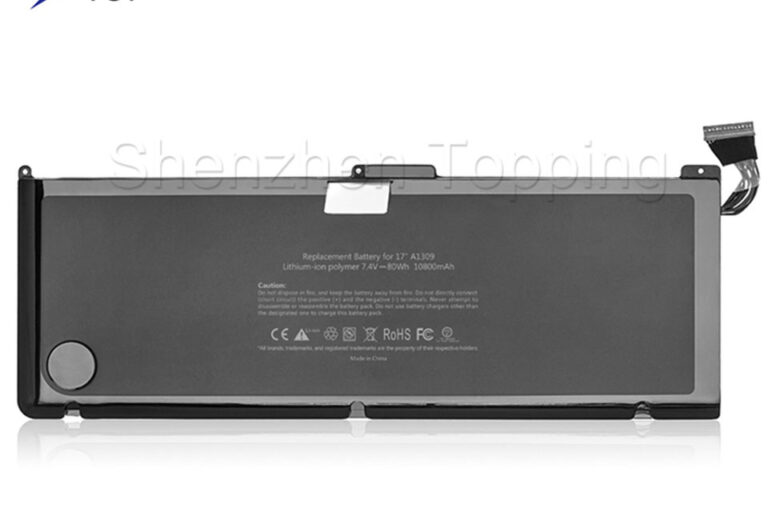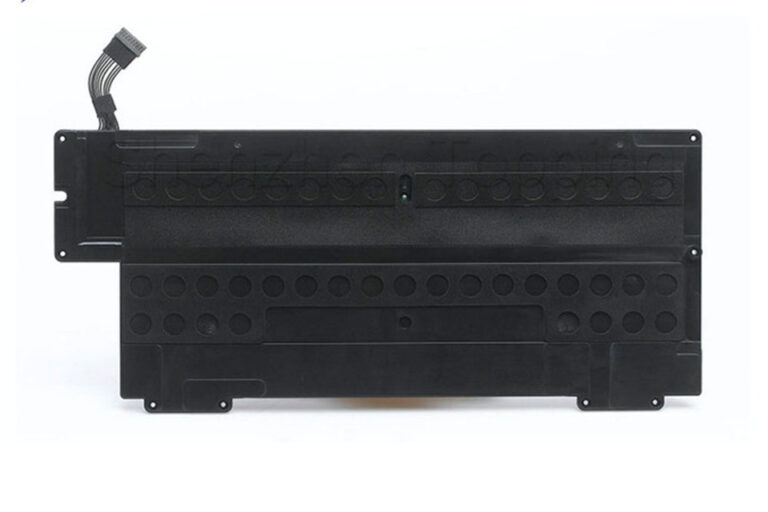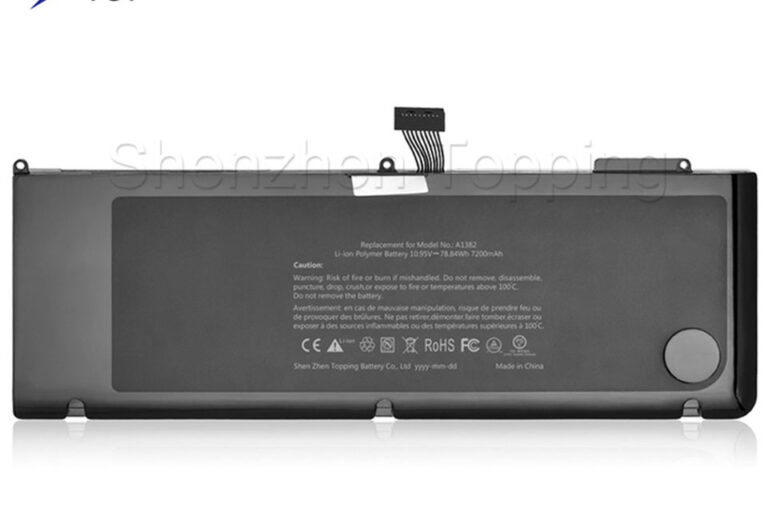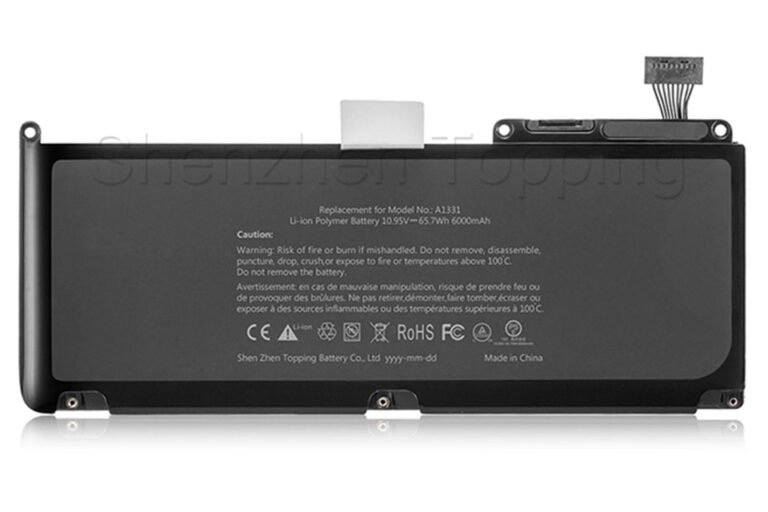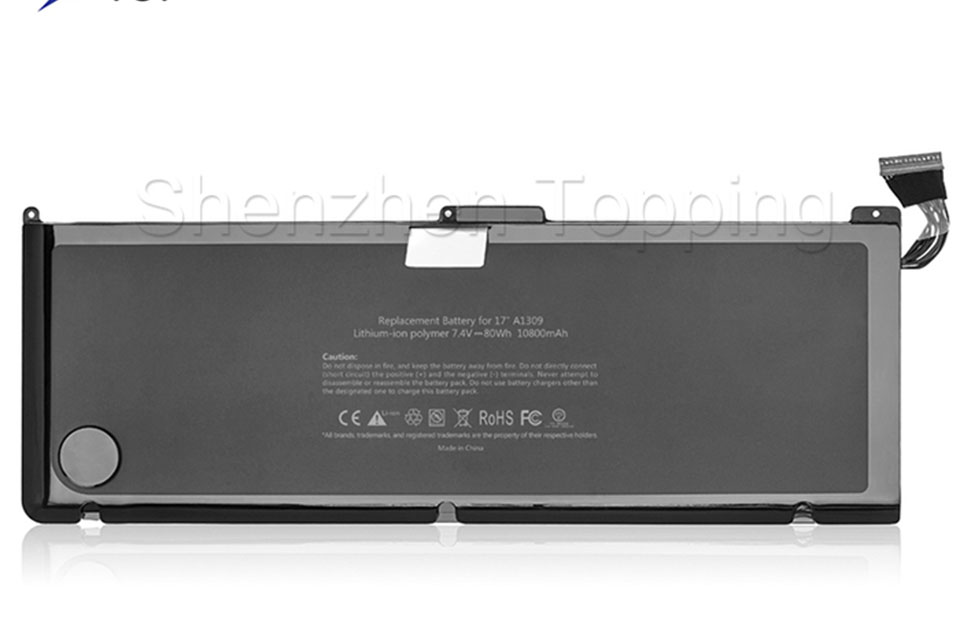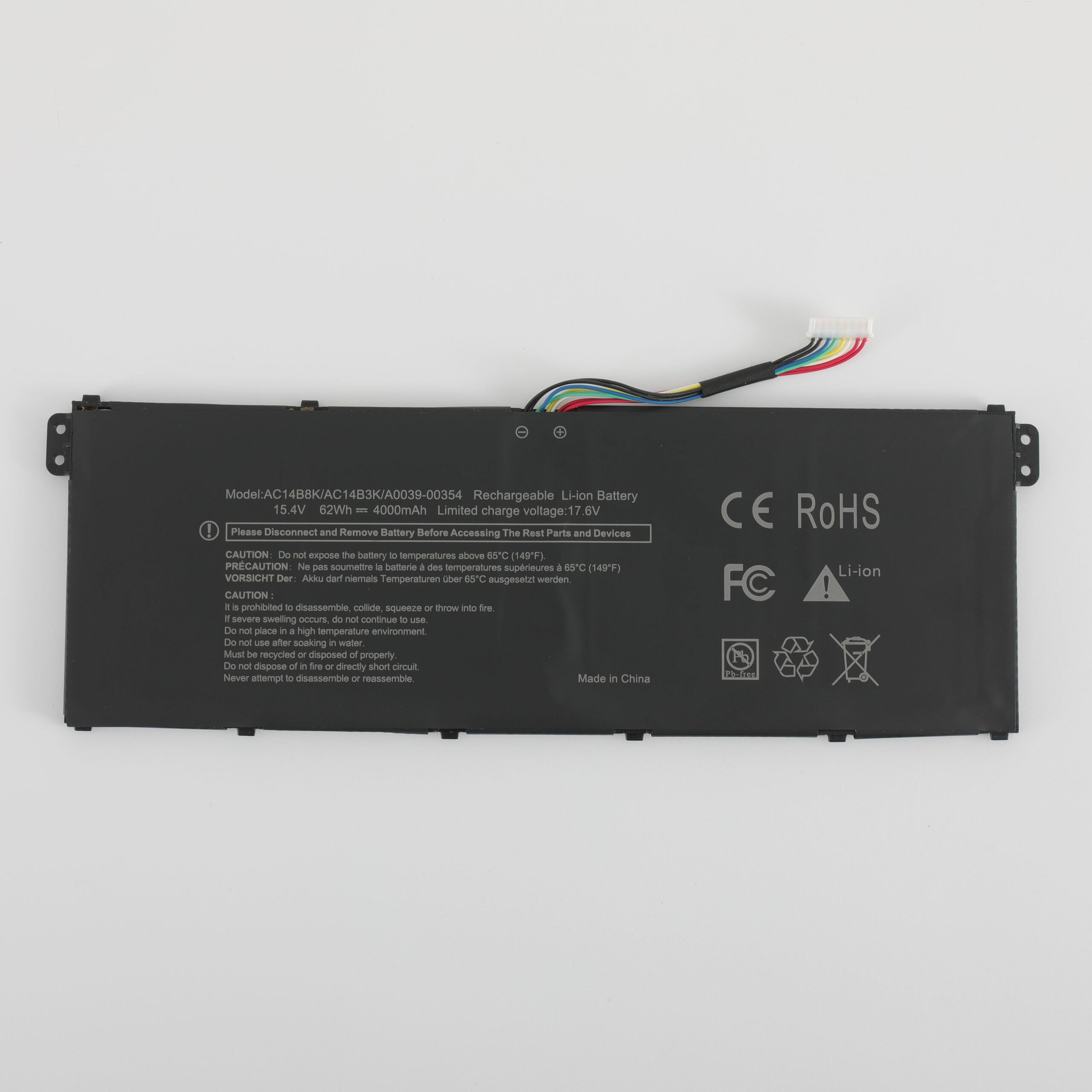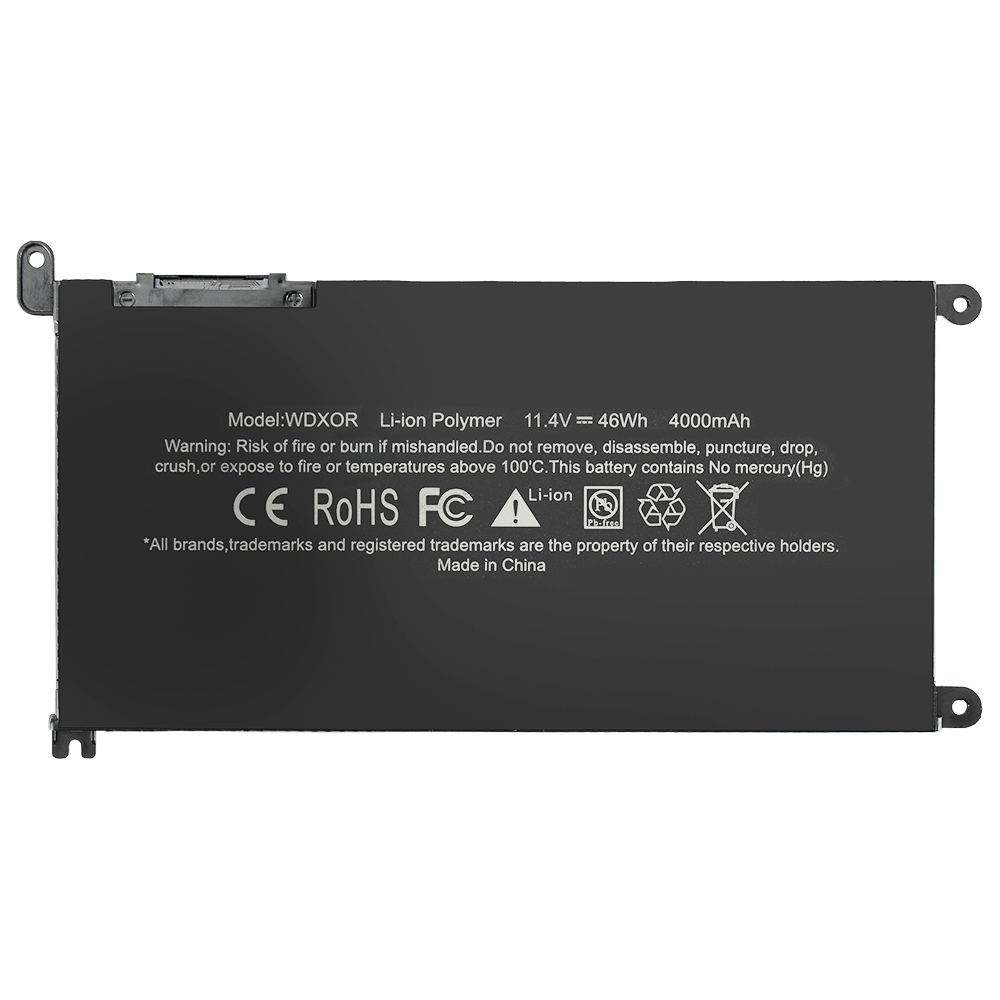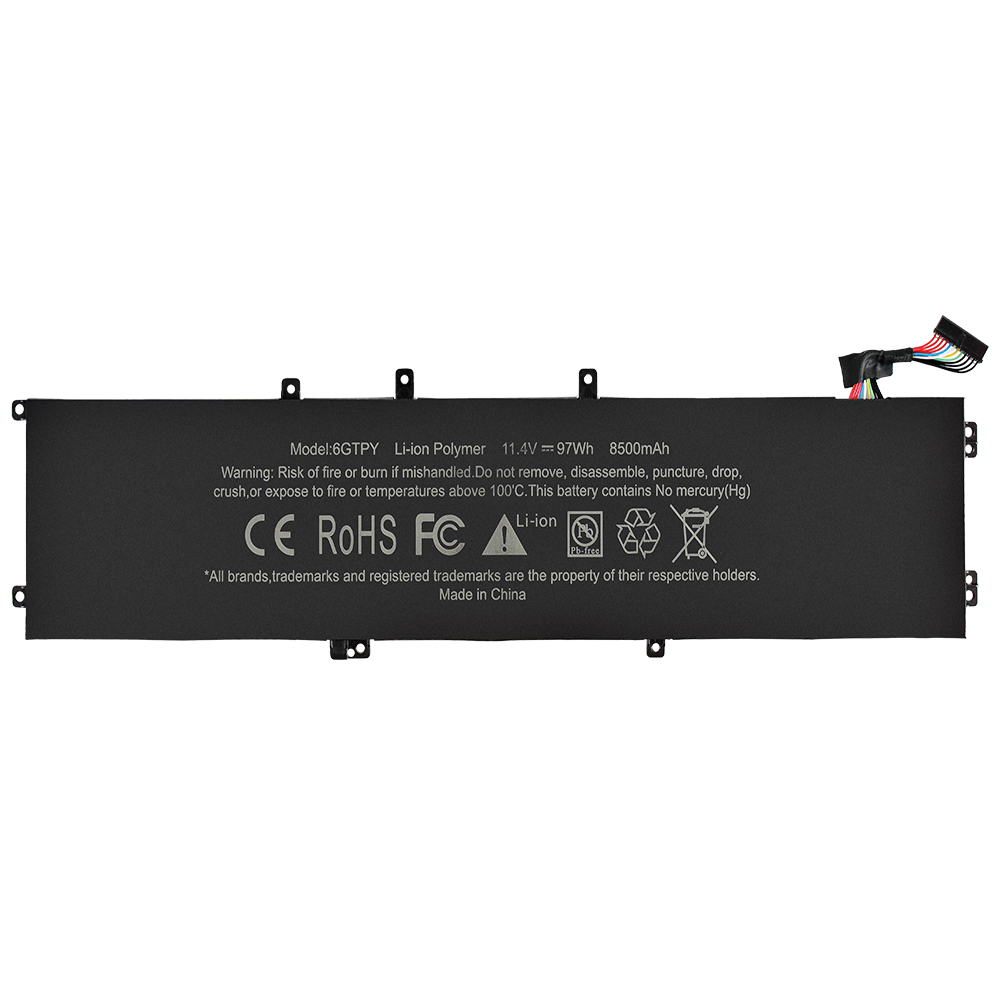-
Longshan 5th Rd, Xingsheng County,Longgang Street, Shenzhen
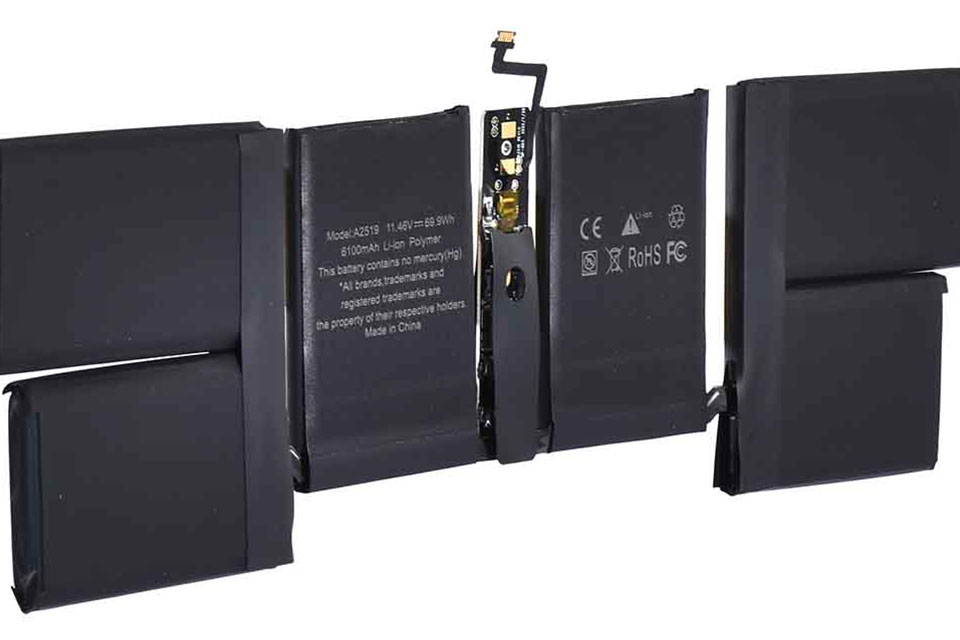
Are laptop batteries lithium?
Worldwide of laptop computers, one inquiry usually develops: Are laptop computer batteries lithium? The brief solution is yes, many laptop computers today make use of lithium-ion (Li-ion) or lithium-polymer (LiPo) batteries. Allow’s check out why these batteries are so widespread, explore their benefits and downsides, and reveal their ecological effect.
Table of Contents
Why Lithium? The Supremacy of Lithium Batteries in Laptops
Lithium batteries control modern-day laptop computers as a result of their high power thickness, which implies they can keep a great deal of power without being large. This function is vital for slim and light-weight laptop computers. An additional factor is the quickly billing ability Allow’s detail some crucial advantages:
- Greater power thickness: Offers longer runtime and sustains small layouts.
- Light-weight and small: Easier to bring contrasted to older battery kinds.
- No “memory impact”: Unlike some older batteries, these keep capability much better.
The change from older modern technologies like nickel-cadmium (NiCd) and nickel-metal hydride (NiMH) has actually permitted laptop computers to come to be thinner and a lot more reliable. This advancement is exhibited by the smooth layouts of Apple’s MacBook and Dell’s Inspiron collection, both recognized for their outstanding batteries.
For more details on lithium-ion batteries in laptop computers, see our in-depth area on Asus laptop batteries
Exactly How Do Lithium Laptop Computer Batteries Job?
Lithium-ion batteries work via the motion of lithium ions in between electrodes. Throughout billing, ions transfer to the anode; throughout discharging, they go back to the cathode Below’s a streamlined description:
- Anode and Cathode: 2 electrodes that lithium ions are moved in between.
- Electrolyte: Liquid helping ion motion, maintaining the procedure stable.
- Integrated Circuit: Avoids overheating and takes care of power circulation successfully.
These functions integrated make it possible for quickly billing and reliable power use. For players, laptop computers like the ASUS TUF Pc Gaming Collection make use of lithium batteries to power substantial video gaming sessions constantly.
Benefits And Drawbacks of Lithium Laptop Computer Batteries
Benefits
- Quick Billing: Shortens downtime.
- High Power Thickness: Expands use time.
- Much Less Weight: Enhances layouts.
Disadvantages
- Minimal Life Expectancy: Commonly around 300-500 fee cycles
- Possible Security Worries: Though uncommon, broken batteries can present threats. Security functions are often upgraded to minimize these threats.
Laptop Computer Batteries: Yes, They’re (Primarily) Lithium!
Trick understandings right into the power behind your mobile computer system.
> 90% Lithium
Modern laptop computers extremely make use of Li-ion or LiPo technology.
High Power
Li-ion uses 200-270 Wh/L, even more than older kinds (NiMH: ~ 100 Wh/L).
300-500 Cycles
Normal life expectancy prior to considerable capability destruction embed in.
< 5% Recycled
Reduced recycling prices highlight a significant ecological obstacle.
Power Thickness Contrast (Wh/L)
Making Best Use Of Lithium Battery Life Expectancy
To lengthen battery life:
- Stay clear of complete discharges: Reenergize when degrees go down to around 20% -30%.
- Maintain ideal temperature levels: Maintain laptop computers listed below 95 ° F( 35 ° C) whenever feasible.
- Normal Calibration: Guarantees precise analyses and keeps battery health and wellness.
To check out means to optimize battery health and wellness on certain gadgets, take into consideration going to sources such as Apple battery specifications
Misconception Busting
In contrast to some out-of-date guidance, you ought to not drain pipes batteries to 0% routinely– this can damage your battery’s durability. Rather, partial fees keep a much healthier battery cycle.
Ecological Influence and Recycling
Lithium-ion batteries existing ecological difficulties:
- Mining: Removal procedures can be resource-intensive, influencing regional communities.
- Recycling: Just concerning 5% of lithium batteries are reused. This minimal price shows the demand for enhanced framework and approaches.
Supplier Campaigns
Leading business like Dell and Apple incorporate reusing programs right into their procedures, redeeming steels like cobalt to lessen ecological damage.
- Apple redeems as much as 90% of cobalt utilized, boosting reusing effectiveness.
For certain reusing standards, see our area on Dell battery recycling
Alternatives to Lithium in Laptops
Arising modern technologies might change or supplement lithium in the future:
- Solid-state batteries: Deal more secure options with capacity for greater power capability.
- Sodium-ion innovation: Financially eye-catching with less ecological effects.
Regardless of these encouraging modern technologies, lithium stays the leading selection for laptop computer batteries as a result of their tested effectiveness and flexibility.
Frequently Asked Questions
Can I replace my laptop battery myself?
Yes, but ensuring you use u003cstrongu003eOEM partsu003c/strongu003e is crucial for maintaining functionality and safety.
Are swollen lithium batteries dangerous?
Certainly! Immediately replace and recycle them to prevent hazards.
Do all portable devices use lithium?
Most do! Devices like smartphones and gaming consoles, including the Nintendo Switch, often rely on lithium batteries.
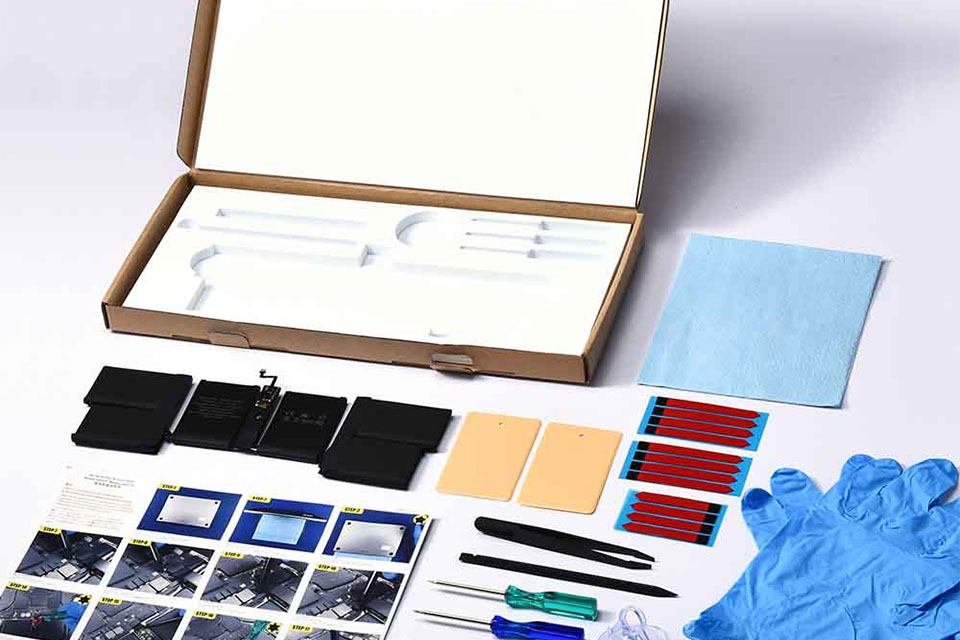
Verdict
Lithium batteries power our laptop computers with remarkable effectiveness, mobility, and dependability. Customers simply require to make sure correct treatment and disposal approaches to expand the life of their gadgets and lessen ecological effects.
Last Idea: Select licensed substitutes and remain notified concerning technical innovations to guarantee your laptop computer stays in leading problem.
Useful Internal Hyperlinks
Check Out even more concerning batteries from reliable makers:
.
